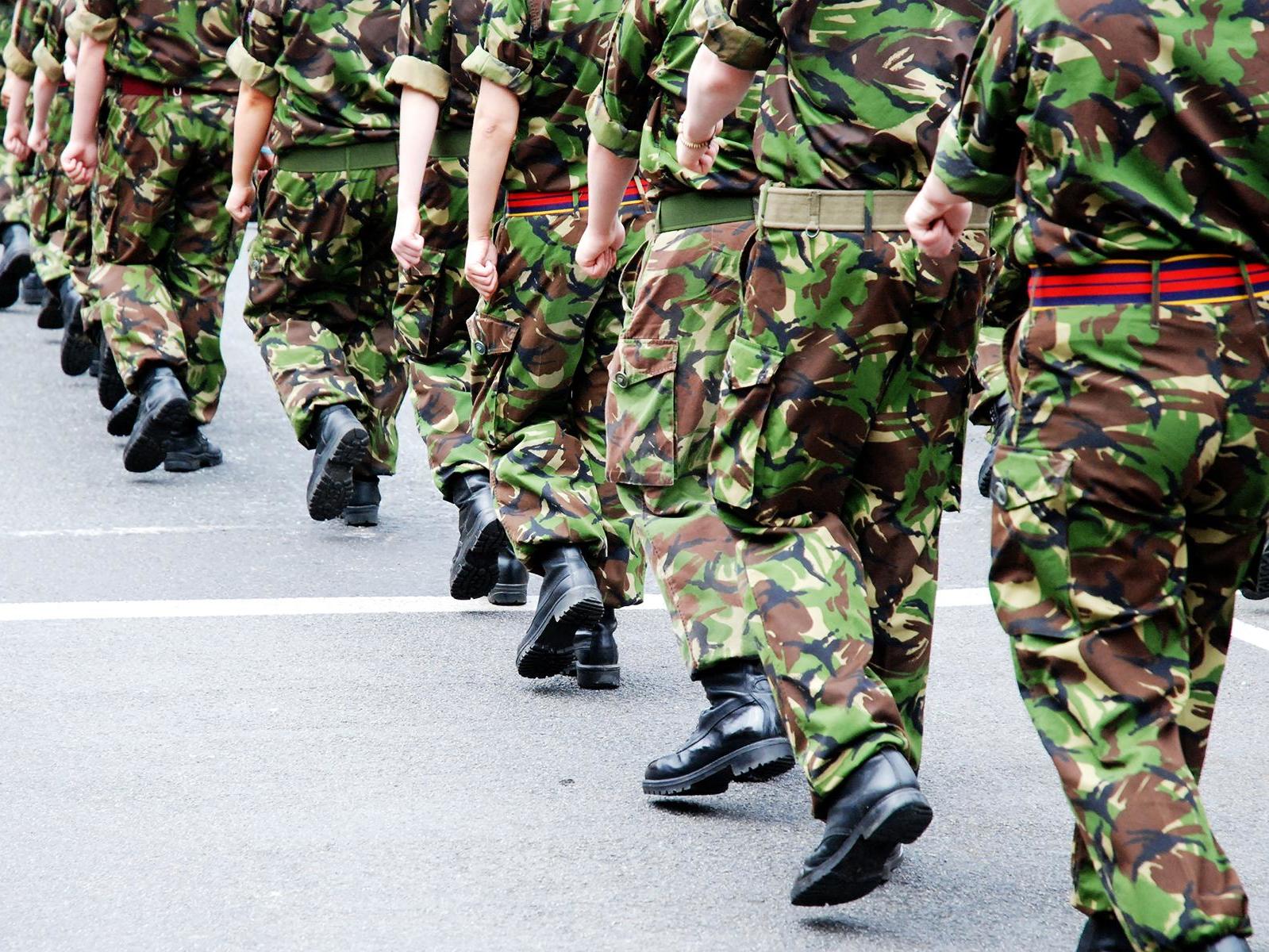Alleged abuses by British army in Iraq and Afghanistan highlights total failures in both wars
Analysis: If true, claims would be in keeping with UK’s completely dismal record in both theatres of conflict

Your support helps us to tell the story
From reproductive rights to climate change to Big Tech, The Independent is on the ground when the story is developing. Whether it's investigating the financials of Elon Musk's pro-Trump PAC or producing our latest documentary, 'The A Word', which shines a light on the American women fighting for reproductive rights, we know how important it is to parse out the facts from the messaging.
At such a critical moment in US history, we need reporters on the ground. Your donation allows us to keep sending journalists to speak to both sides of the story.
The Independent is trusted by Americans across the entire political spectrum. And unlike many other quality news outlets, we choose not to lock Americans out of our reporting and analysis with paywalls. We believe quality journalism should be available to everyone, paid for by those who can afford it.
Your support makes all the difference.The alleged bid by the British government and army to close down investigations into torture and murder in Iraq and Afghanistan appears to be the latest aspect of a widespread desire in in the UK to forget all about these failed wars.
Joining the US-led invasion of Iraq in 2003 is commonly blamed on Tony Blair, but there is little interest in the desperate situation into which British troops were plunged post-invasion, first in southern Iraq and then, three years later, in Helmand province in Afghanistan.
The gravity of the miscalculations in each case is not in doubt. Sir Sherard Cowper-Coles, the British ambassador in Kabul at the time, wrote in his memoirs that the worst mistake made by the Foreign Office in the previous 30 years was the invasion of Iraq, and the second worst was “its enthusiastic endorsement of Britain’s half-baked effort to occupy Helmand in 2006”.
The allegation that war crimes were committed – to be claimed in a BBC Panorama programme on Monday evening – is in keeping with Britain’s dismal record in these conflicts.
The ICC has said it is considering opening an investigation into the claims, based on leaked documents. The Ministry of Defence (MoD) has said the allegations are unsubstantiated.
After the capture of Baghdad, the British army stayed in the south of Iraq, mostly in and around Basra, apparently under the impression that this would be quieter than the Sunni Arab provinces that had more strongly supported Saddam Hussein.
It swiftly became clear that, while the Shia population of the south was glad to be rid of Saddam, they were not about to accept a British occupation. An ominous sign of this came on 24 June 2003 when six British Royal Military Police were shot dead in a town called Majar al-Kabir near the city of Amara.
They died because they were advising local police at the same moment as British paratroopers were carrying out an aggressive patrol in another part of the same town and had had an exchange of fire in which several locals had died. The RMPs were killed soon afterwards in a revenge attack.
The incident sums up the fatal contradiction facing the British expeditionary force in Iraq. Their numbers and dispositions were suitable for a country in which most of the population was friendly, but if the opposite were true, as it certainly was, then the soldiers were vastly outnumbered and in danger. British officers used to annoy their American counterparts by claiming prior expertise in this type of warfare, drawing on British experience in Malaya and Northern Ireland. A captain in military intelligence stationed for a year in Basra later said that “I kept trying to explain without success to my superiors that in Malaya and Northern Ireland we had local allies while in Basra we had none”.
The weakness of the British position was exposed in detail by the Chilcot Report in 2016, but its findings were masked by the media obsession with finding a “smoking gun” that would prove the culpability of Tony Blair and by the shock result of the Brexit referendum that had taken place at the same time.
The report explains that by 2007 the British forces in Basra had run out of ideas and “it was humiliating that the UK reached a position in which an agreement with a militia group [the Mahdi Army], which had been actively targeting UK forces, was considered the best option available.”
According to Chilcot, the one consistent British strategy between 2003 and complete withdrawal in 2009 was “to reduce the level of deployed forces” and to do so without offending the US. The means of doing so was to redeploy the troops to Afghanistan, which was supposedly safer, but where they arrived just as the Taliban were restarting their guerrilla war and where 405 British troops were to be killed in the coming years.
Those who may have committed war crimes in these conflicts have been investigated, even if they were not prosecuted. It would be good if those responsible for these doomed military forays should also be held responsible for their actions.
Join our commenting forum
Join thought-provoking conversations, follow other Independent readers and see their replies
0Comments